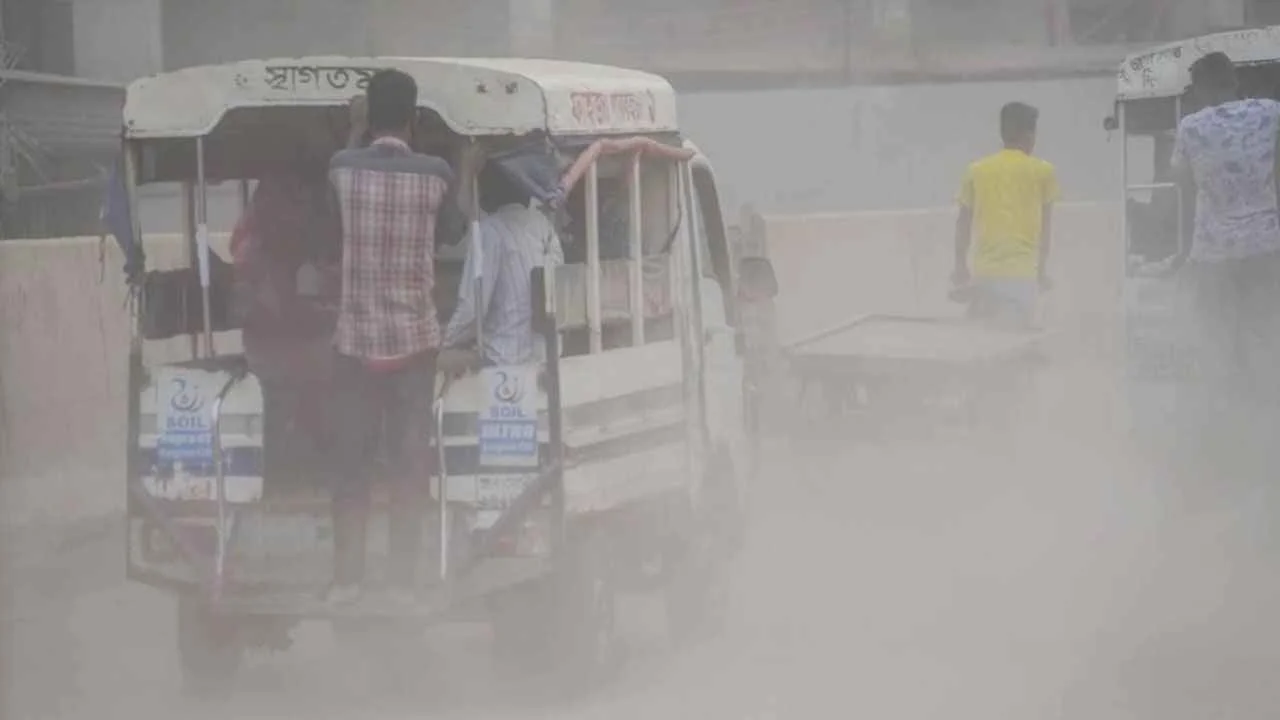Dhaka tops global air quality index as very unhealthy
Share on:

Kolkata, Delhi ranked closely behind Dhaka
Dhaka has been identified as the city with the most polluted air globally, recording an Air Quality Index (AQI) score of 257, categorizing its air as very unhealthy.
This alarming status underscores the severe environmental challenges faced by the city's residents, with air pollution posing significant health risks.
India's Kolkata, Delhi, and China's Wuhan were ranked closely behind Dhaka, with AQI scores of 218, 217, and 196, respectively, indicating a widespread air quality crisis across several major Asian cities.
The AQI scale reveals that values between 201 and 300 signify very unhealthy air quality, directly impacting public health. This range indicates a high risk of adverse health effects, urging residents, especially those in vulnerable groups, to take necessary precautions.
Defined by the concentration of five major air pollutants — particulate matter (PM10 and PM2.5), nitrogen dioxide (NO2), carbon monoxide (CO), sulfur dioxide (SO2), and ozone — the AQI serves as a crucial tool for informing the public about daily air pollution levels and potential health implications.
Historically, Dhaka has struggled with persistent air pollution, experiencing the worst conditions during the winter months. Conversely, air quality sees relative improvement with the onset of the monsoon season, illustrating the seasonal dynamics of the city's environmental health challenges.
The World Health Organization (WHO) highlights air pollution's grave global health implications, attributing approximately seven million deaths annually to air quality-related diseases. These include stroke, heart disease, chronic obstructive pulmonary disease, lung cancer, and acute respiratory infections, marking air pollution as a critical public health emergency.
Source: UNB

